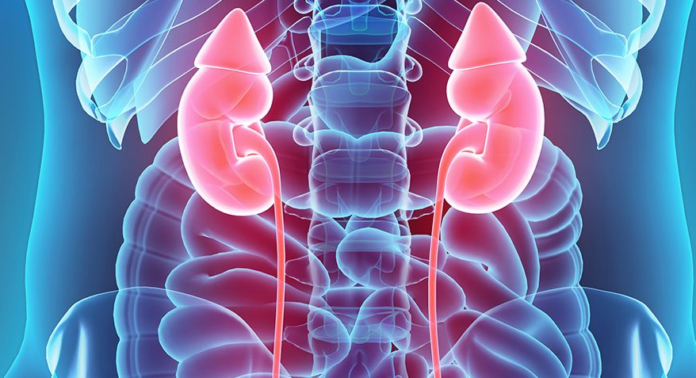One of the common conditions in children is urinary tract infection. When your child drinks plenty of water, it helps remove the unwanted substances and waste from the body through urine. Experts from children hospital multan say that there are bacteria that enter the urethra and flush out through urination.
Due to dehydration or any other reason, these bacteria remain in the urethra which results in urinary tract infection. Do you know what the urinary tract is? Let’s dig into its details.
It contains two kidneys that help to filter all the blood and extra water which results in urine production. Here are the two ureters in your urinary tract that look like tubes and carry urine from your kidneys to your bladder. The other part of the urinary system involves the bladder which stores the urine and the urethra is responsible for the urine removal from your bladder.
The other reason for the urinary tract infection is when bacteria enter the urinary tract and go to the urethra. Two types of urinary tract infections can affect your children, bladder and kidney infections.
Cystitis is a condition in which UTI affects the bladder. When an infection goes to the kidneys from the bladder, it is known as pyelonephritis. Antibiotics are used to deal with such infections. Kidney infection can take a serious health turn. Parents must take notice of the symptoms.
Untreated infections become more serious over time and lead to more serious health complications.
What are the causes of UTI in children?
UTIs occur when bacteria enter the urethra. It enters into your urinary tract from the skin around your urine area means surrounding skin.
What Are The Risk Factors Of The Urinary Tract Infections In Children?
When your children’s toilet training begins, you must educate them on how to be careful. These types of infections are more common in girls than boys. Because urethras are close to the anus which allows bacteria to enter the urethra more easily than in boys.
Here are some risk factors that put your children at high risk of urinary tract infections.
- When your girls wear tight-fitting clothes.
- Poor toilet cleaning and hygiene habits.
- When your child holds urination for long.
- Wiping from backside to front.
- When girls use bubble baths which make it easier to develop UTIs.
- When your urinary tract does not perform well.
- When there is a blockage in urinary tract organs.
- Infrequent urination.
How You Can Learn If Your Child Is Suffering From The Urinary Tract Infections?
The age of your child and the degree of infections make the symptoms different in every victim. Experts share the fact that young children may not experience the symptoms at first and younger kids may experience some of them, including irritability, fever, diarrhea, poor appetite, illness, etc.
Doctors say that some symptoms depend on the area which is being affected. A bladder infection can cause many symptoms which help you get the treatment as soon as possible for your children. These symptoms include pain while urinating, burning sensation, urge to urinate during sleep, cloudy urine, blood in the urine, frequent urination, foul-smelling urine, pressure on the lower pelvis, etc.
Sometimes, it happens that infection goes to the kidneys which causes a more severe condition. Your child may experience worse symptoms, chills with shaking, nausea and vomiting, severe fatigue, back pain, high fever, severe abdominal pain, etc.
You may overlook the symptoms of early UTIs. No matter how much fever your child has, you should go for the screening to make sure if it is a sign of any serious condition.
Treatment
Antibiotics are used for the treatment of UTIs in children. Treatment should start earlier to prevent kidney damage. Parents do consult with the child’s specialist for the treatment. Parents need to monitor the urine frequency in children.
Final Thought
Parents need to make sure that their children take fluids regularly to prevent dehydration as it can lead to many potential health conditions. Seek medical help if your child experiences vomiting, changes in urine output, etc.








